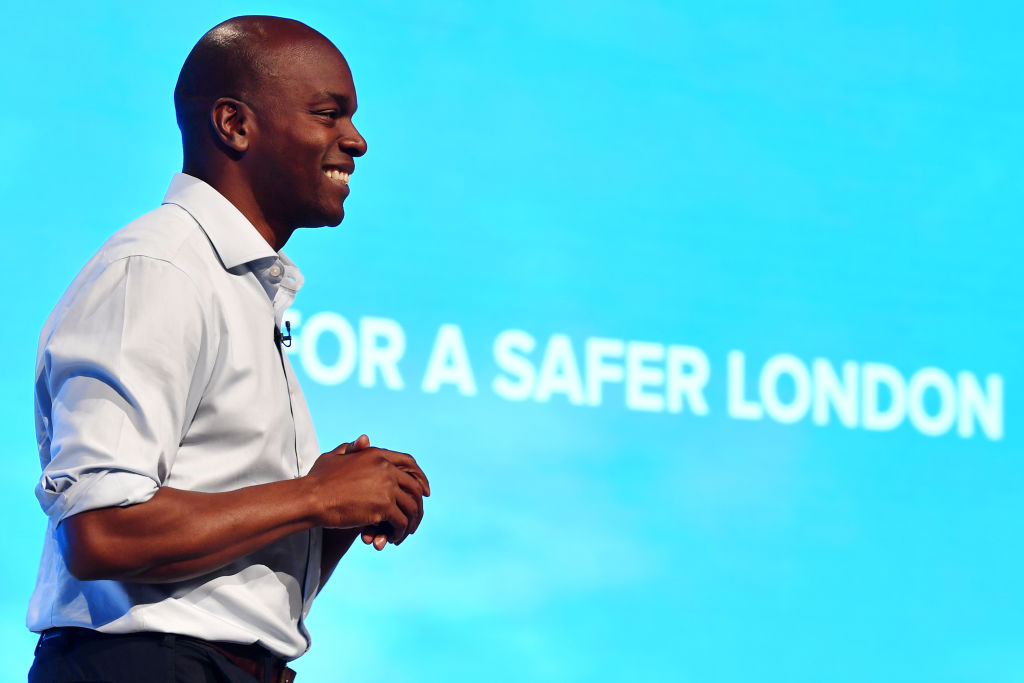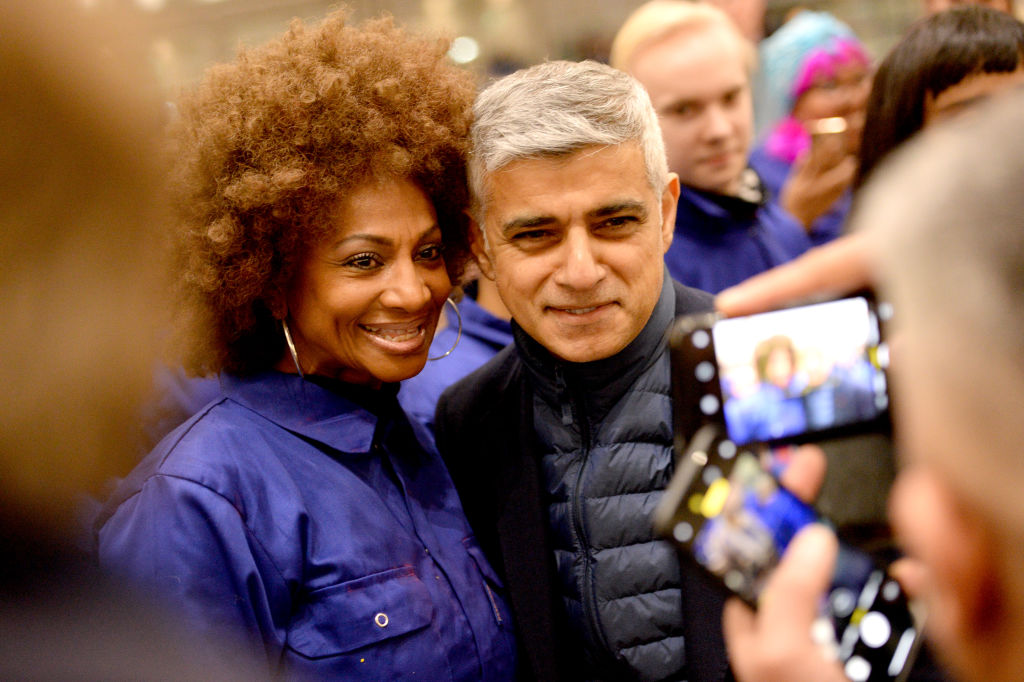With 100 days to go, can Sadiq Khan lose the 2020 London mayoral election?

Even Sadiq Khan’s biggest critics would acknowledge his skill in working a crowd.
The mayor of London glides from person to person, selfie to selfie, handshake to handshake. At a time when politicians are not exactly enjoying public favour, he seems to have plenty of Londoners firmly on his side.
The response toward Khan by security staff, doormen and the array of clipboard holders at a recent Square Mile black tie do was telling.
And yet others wonder whether a Mayor whose term has been dominated by a failed anti-Brexit campaign and rising violent crime is really as much a nailed-on certainty for re-election in May as the polling suggests.
A November YouGov/Queen Mary University poll had Khan on 45 per cent, Conservative candidate Shaun Bailey on 23, independent candidate Rory Stewart on 13, Liberal Democrat Siobhan Benita on eight and Green candidate Sian Berry on seven.
Sadiq Khan’s questionable record

However, the feeling within Khan’s main challenger Shaun Bailey’s camp is that there is plenty of ammunition with which to attack the mayor’s record.
A senior campaign figure said Khan’s record on violent crime – London’s murder rate hit a 10-year-high last year – is ripe for attacks, along with Transport for London’s (TfL) ballooning debt and his house building record.
He was given £4.9bn over four years in 2018 for his programme, with a view to building 116,000 affordable homes by 2022, however just 39,389 have been started so far.
The mayor’s TfL fares freeze, meanwhile, has helped contribute to continuing annual deficits at the transport body, with debt now at almost £11bn.
Major rail project Crossrail has also been delayed by three years and has run £2.5bn over budget during his term.
However, it is his record on crime that Khan will most want to avoid, according to local government professor at the London School of Economics Tony Travers.
“In his last manifesto he was committed to reducing violent crime and he’s responsible for the Mayor’s Office for Policing And Crime (MOPAC),” he said.
“The truth is that he has got less funding and police officers, but his opponents will be quick to say it’s all his fault.”
Khan’s main rivals
Bailey’s past as a youth worker within black communities is seen as a strong position to talk up his plan to cut crime.
His new campaign director, Tory MP Greg Hands, said this week that Bailey would be taking a “broken windows” approach to crime and policing, mirroring ex-New York mayor Rudy Giuliani’s tough tactics in the 1990s.
Stewart, who this time last year was a Tory minister, has also launched his campaign by putting knife crime as his number-one priority. He said he would resign as mayor if he didn’t reduce violent crime in his first term.

He has spent time touring some of the capital’s hotbeds of gang activity and knife crime as a part of his “London Speaks” initiative.
But despite his popularity on social media, Stewart’s campaign has struggled to change the dial when it comes to opinion polling. Faced with one Tory and an ex-Tory, Khan may well benefit from any anti-Mayor vote splitting in two.
Personality politics

Travers believes Khan will want to instead steer the agenda toward his personal popularity and diversity initiatives.
“Sadiq Khan will want to talk a lot about his London is Open campaign to promote the capital’s diversity, his handling of terrorist incidents and ability to steer the ship,” he said.
Reminders of his Twitter war with Donald Trump and his role in campaigning for a second Brexit referendum could also secure left-wing votes susceptible to leaking to the Liberal Democrats or the Green Party.
This is clearly on the mind of Khan’s team – he kicked off his campaign last week in the Liberal Democrat stronghold of south west London.
The green vote
Centre for London deputy director Richard Brown said it showed that Khan “sees [Liberal Democrat candidate] Siobhan Benita as something of a risk”.
“He’ll certainly want to at least get her second preferences – mayor of London elections use a preference voting system not first past the post – to help him get over the line,” he said.
It’s crucial for Benita to form a narrative beyond stopping Brexit, which the Liberal Democrats have relied heavily upon, if she has a chance of winning. Then again, some would say the same of Khan.
Her pitch is around three areas – making London “safer, green, kinder”.
The ex-civil servant has released policy proposals to legalise cannabis, create youth programmes to curb violent crime and give unused Oyster card money to homeless shelters.
Outflanking her from the left on environmental issues is Green candidate Sian Berry, who along with Benita is making a pitch for voters influenced by Extinction Rebellion’s clarion calls last year.
However, Khan has already tried to neutralise this line of attack by announcing that he wants to make London carbon neutral by 2030. He’ll also want to focus the green debate around the success of the Ultra Low Emission Zone, which has led to a drop in air pollution by one-third in affected areas.
There’s ‘only one way’ Khan could lose
Ultimately, Travers only sees one possible way for Khan to lose in May.
“His opponents’ attacks will really need to hit home hard and one other candidate would have to display a really different approach to organise the city and to pitch themselves as being able to work with the government,” he said.
Whether Khan’s relationship with Boris Johnson – largely broken due to Brexit – sways votes towards either Bailey or Stewart remains to be seen.
But so far, it’d be a brave punter that bet against a Labour mayor in, as the General Election reminded us, a Labour city.